Kangさん《韓国》
- 学生紹介
学部: 商学部マーケティング学科 自分の成長にもつながるチューター制度へ登録 私は親の仕事の関係で幼い頃から日本に来る機会が多く、自然と日本に興味を持つようになりました。日本にはマーケティングに特化し...
READ MORE
World-Class Education in Japan
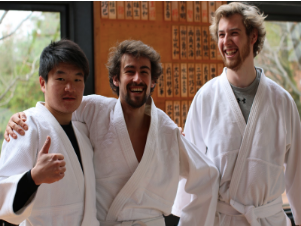
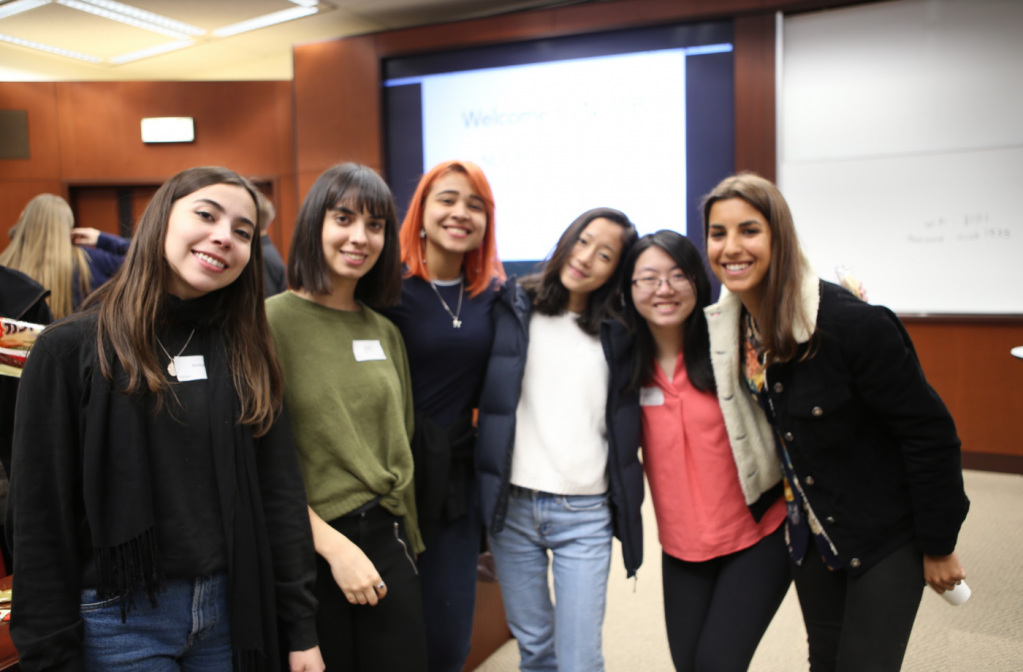
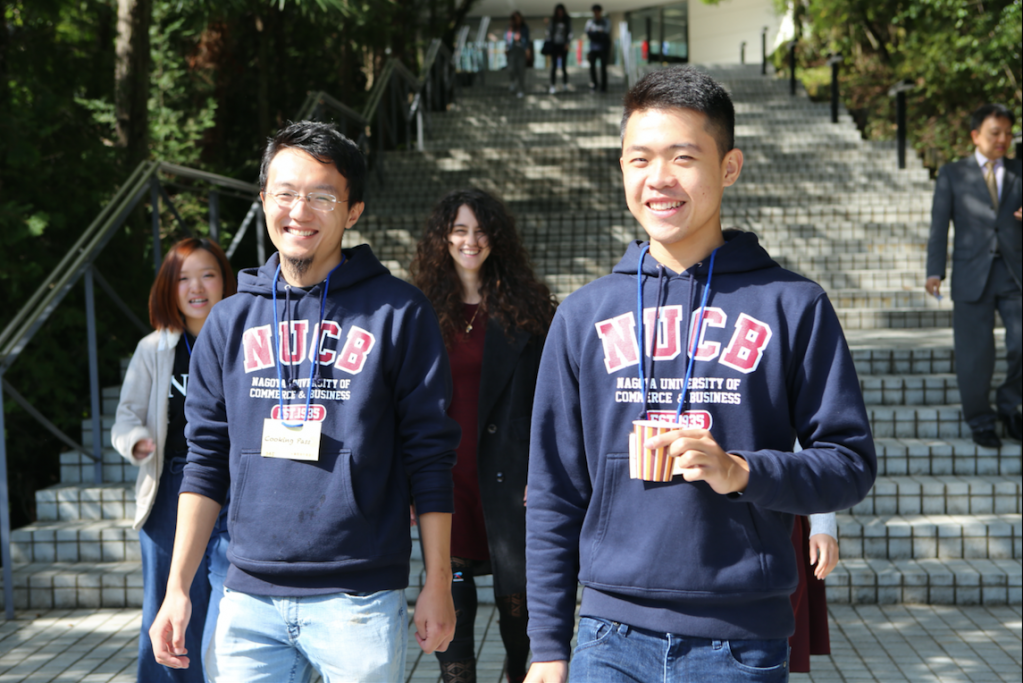
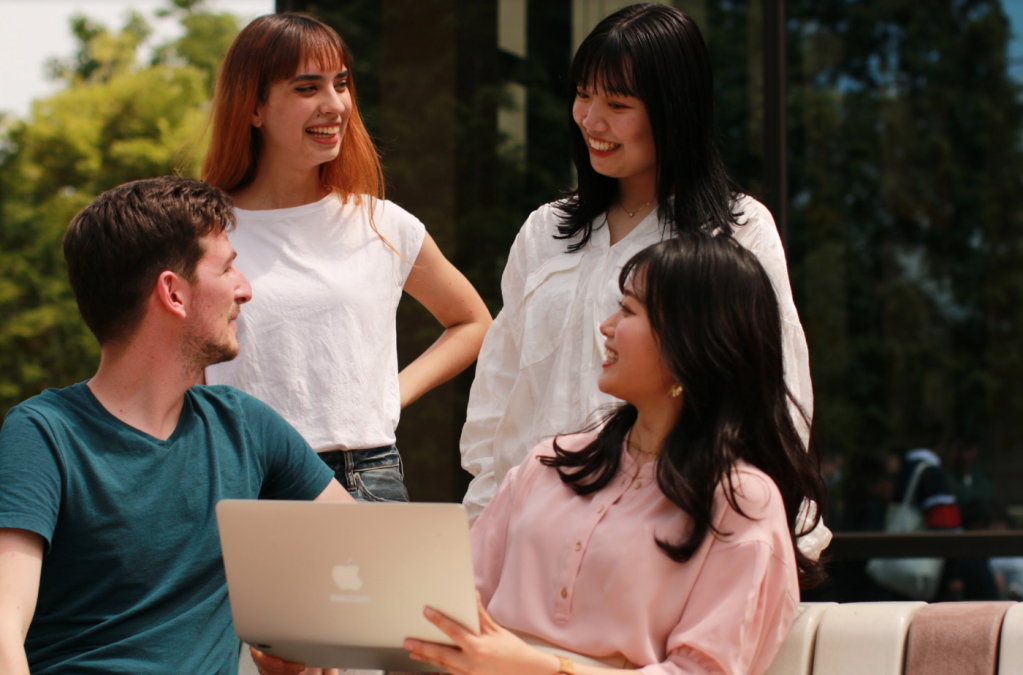
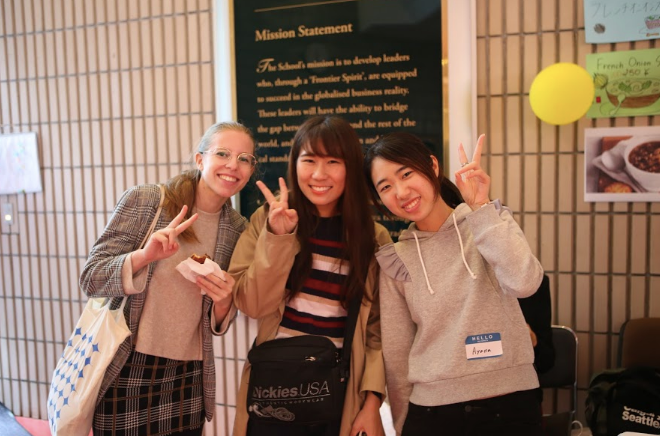
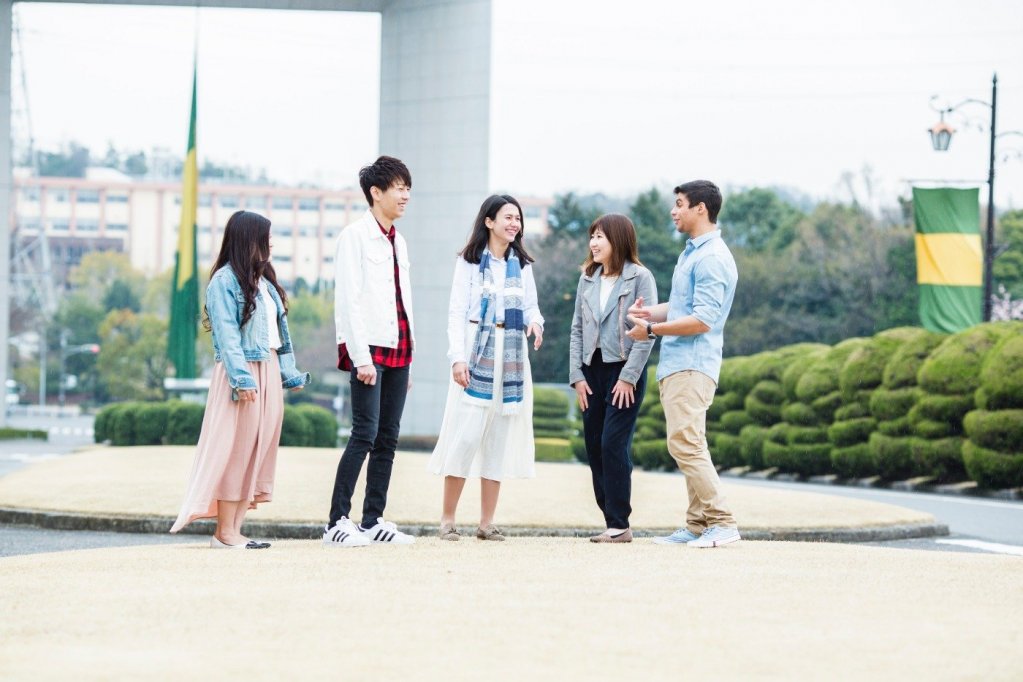
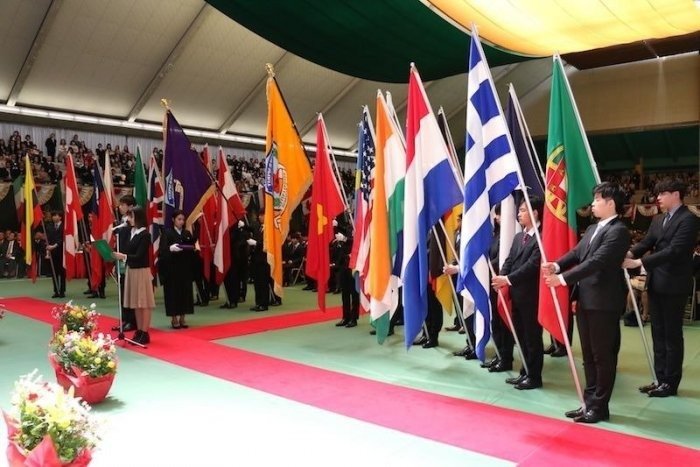
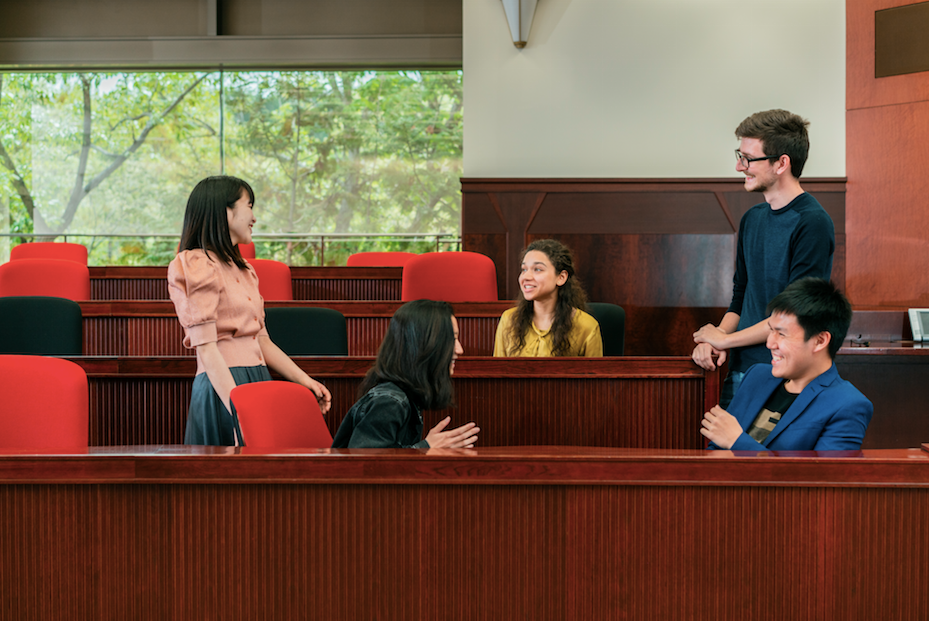
About Us
Nagoya University of Commerce and Business, the first generation private university in Japan, was founded in 1935 by Yuichi Kurimoto, who was the first Japanese person to graduate from the University of Alberta in 1930 and the founder of the Kurimoto Educational Institution (KEI). Over the last 80 years, the university has become known worldwide as a premier educational institution.
NUCB was the first undergraduate school in Japan, and part of only 5% of business schools worldwide to hold the prestigious AACSB accreditation. The school is also accredited by JIHEE and approved by the Ministry of Education (MEXT) to grant Bachelor degrees.
Each year the school attracts around 300 international students from more than 70 different nationalities, creating a truly global campus.
"Seiki Ryuugakusei" (正規留学生) - Study in Japanese!
In addition to being the only school in Japan to offer a Global BBA taught fully in English, we also have a Japanese track for international students what we call Seiki Ryuugakusei "正規留学生".
Students who would like to study alongside our Japanese students that have completed a 12-year curriculum outside of Japan, can choose one of our four faculties; Management, Economics, Commerce or International Studies. We also offer the BBA in Japanese at the Nagoya Campus, using 100% case study methodology.
English proficiency is not required for 正規留学生 but one of the Japanese Language tests must be obtained. Typically students come from Japanese language schools after obtaining the JLPT or EJU, and currently we have students from mainland China, South Korea, Indonesia, Malaysia, Sri Lanka, and Vietnam.
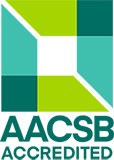
NUCB was the first accredited AACSB undergraduate institution in Japan. NUCB achieved accreditation of its undergraduate and graduate programs in 2006 and has successfully maintained it to date. This international accreditation, which only the top 5% of universities in the world can obtain, is considered important for university education worldwide as a mechanism to guarantee the quality of education.
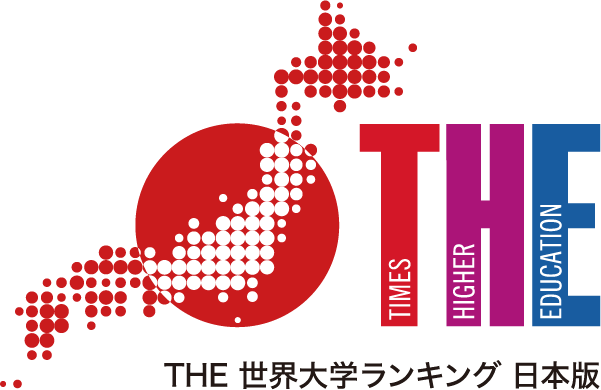
For the 3rd time, in 2023, NUCB was ranked the best private university offering business programs in Central Japan (15th nationwide, and 7th nationwide in the field of Economics and Management) by Times Higher Education for the "internationality" pillar. For the "Overall Evaluation" and "Educational Enrichment" pillars, NUCB ranked 2nd in Central Japan in the Economics and Business Administration fields.
The case method is a student-centered learning method used by business schools around the world. Based on realistic teaching materials called "cases," students are encouraged to think about how they should respond to the real-life business challenges faced by the protagonist of the case, and acquire the independence to express their own opinions in class.
Active Learning is an innovative participant-led learning method that is in contrast to the traditional one-way faculty-led mode of instruction and engages students with the course material through discussions, problem-solving, case studies, role plays, and other methods. This teaching method places greater responsibility on the learner but the instructor still plays a crucial role in ensuring the classroom remains active. Studies have proven that when students engage in activities it promotes increased content knowledge and higher-order thinking skills such as critical thinking and analysis as well as positive attitudes towards learning in comparison to traditional lecture-based delivery.
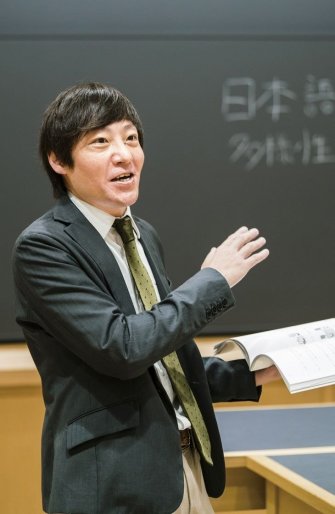
Nagoya University of Commerce and Business welcomes around 300 international students each year. Due to a diverse range of students, our university offers a range of Japanese classes from basic through to advanced levels. We focus on improving your ability to read, write, speak and listen through high-quality lessons from experienced teachers. I hope you choose NUCB as your choice to study abroad where we can build a strong foundation for your bright future.
※ For information please visit Professor Isono's website of Japanese Language Education.
Isono Hideharu Laboratory
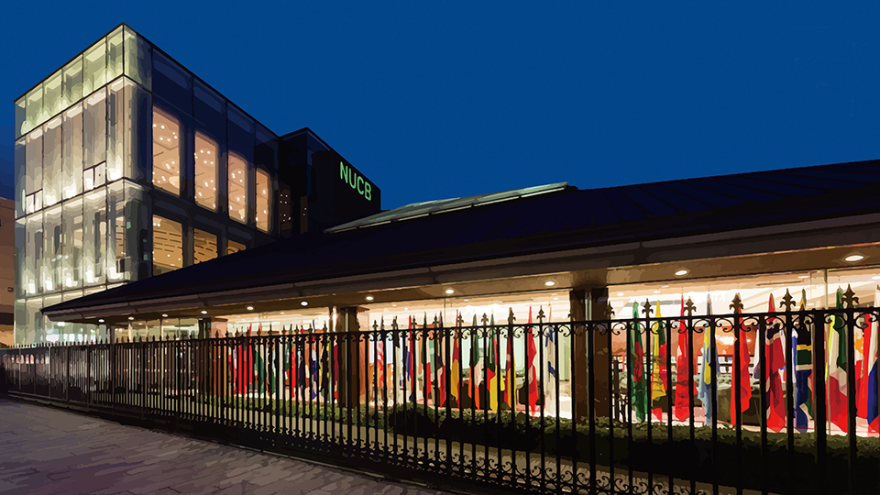
Located close to Fushimi station in downtown Nagoya, this campus is primarily for our Japanese students. Students here can study the BBA program using 100% case study method.
This innovative method of teaching engages students in activities such as discussions, group work, and presentations which are essential in the business world. This participant-led learning method is in contrast to the standard one-way faculty-led mode of instruction.
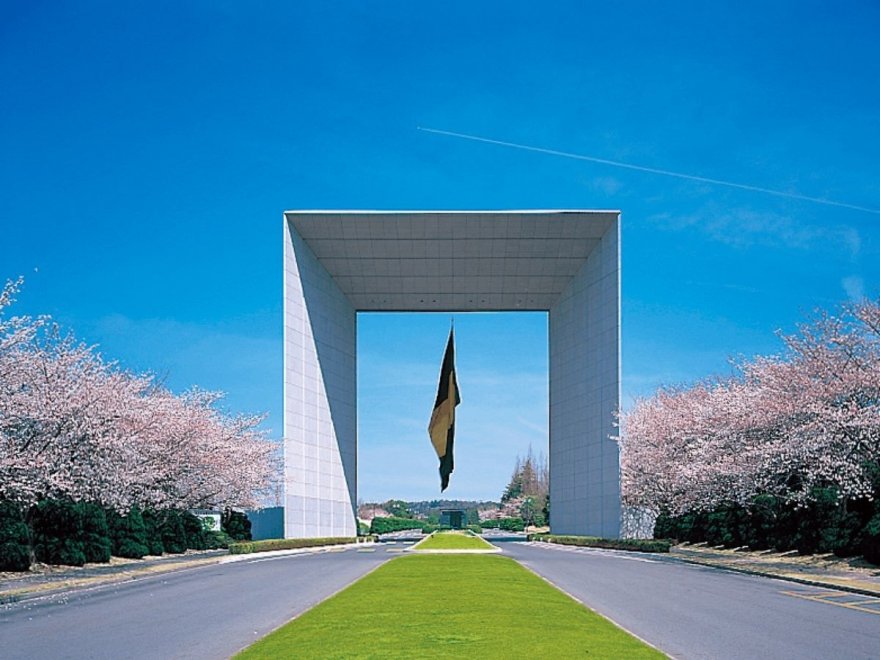
A major feature of our Nisshin campus is that the educational facilities and sports facilities are on a single campus which leads to an active student life.
Nisshin, located just east of the city of Nagoya, sets a rural backdrop for the campus facilities that resembles many American and European university campuses, providing a calm and quiet environment that is very suitable for students to pursue their studies. There are many other schools in the area, as well as access to great shops and restaurants.
国際学生の声
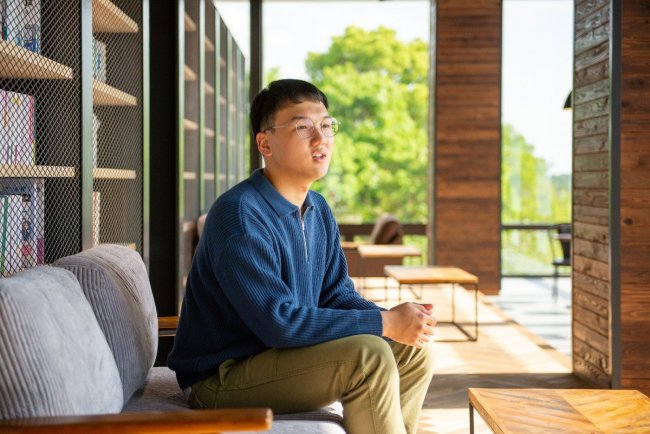
Kangさん《韓国》
学部: 商学部マーケティング学科 自分の成長にもつながるチューター制度へ登録 私は親の仕事の関係で幼い頃から日本に来る機会が多く、自然と日本に興味を持つようになりました。日本にはマーケティングに特化し...
READ MORE
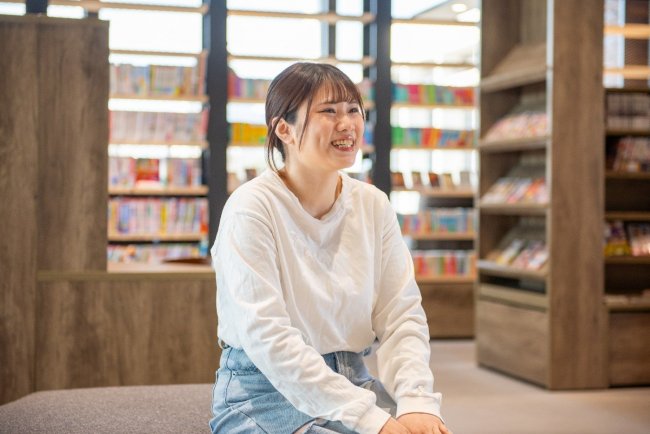
Hungさん《台湾》
学部: 国際学部グローバル教養学科(現国際学科) 国際的な環境で学ぶ 名古屋商科大学はキャンパス内に多くの留学生がいるため、異文化に触れる機会が多く、国際的な学習環境が整備されているため入学を決めました...
READ MORE
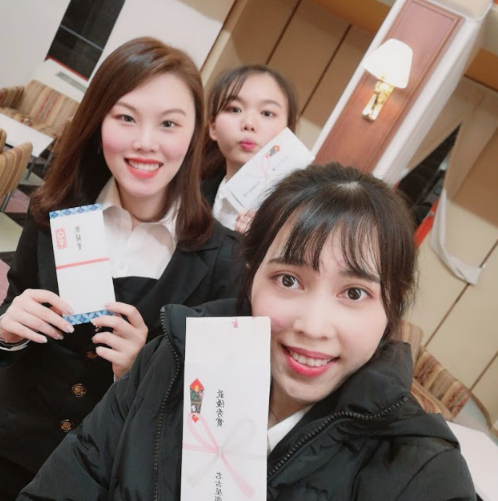
Liさん《中国》
学部: 経済学部・経済学科 日本に留学しようと思ったきっかけはなんですか? 私が日本に留学したきっかけは日本に留学した伯父に憧れたからです。小さい頃から日本の食文化や生活習慣などにも憧れていました。ま...
READ MORE
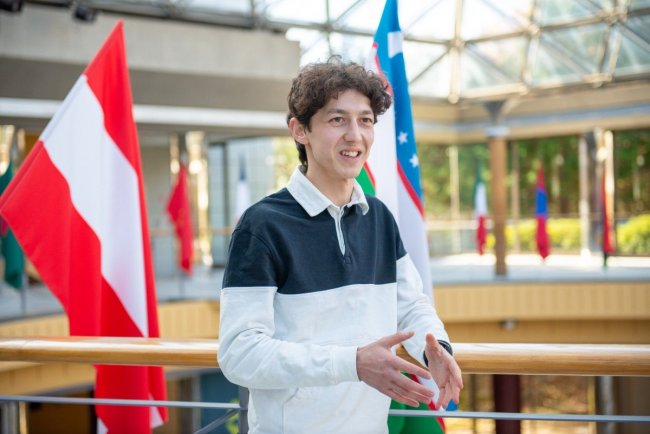
Abdujapporovさん《ウズベキスタン共和国》
学部: 経済学部経済学科 自分の成長にもつながるチューター制度へ登録 私は親の仕事の関係で幼い頃から日本に来る機会が多く、自然と日本に興味を持つようになりました。日本にはマーケティングに特化して学べる...
READ MORE
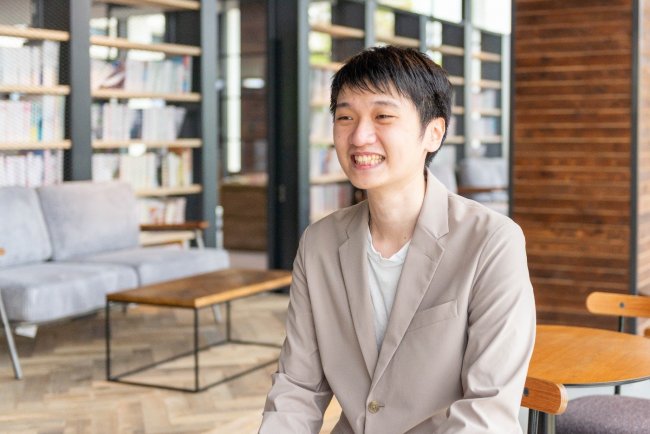
Heryantoさん《インドネシア》
学部: 経営学部・経営学科 日本に留学しようと思ったきっかけはなんですか? 高校生の時から日本の会社はアジアだけじゃなく世界中で良い評判があるという認識があったので、日本の会社に働きたいと思って日本を...
READ MORE

Nganさん《ベトナム》
学部: 商学部マーケティング学科 両親からの薦めで日本へ留学を決意 私の両親は日本の教育の質が良いと考えており、日本への留学を薦めてくれました。そこでJAPAN STUDY SUPPORT主催の説明会に参加し、名古屋商...
READ MORE
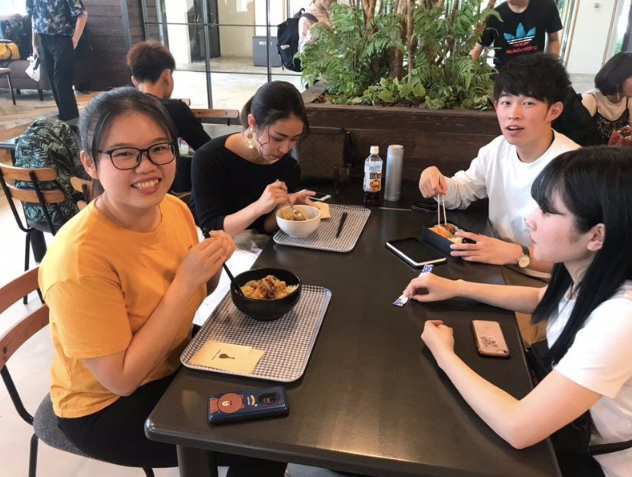
Kooさん《マレーシア》
学部: 経営学部・経営学科 日本に留学しようと思ったきっかけはなんですか? 日本の文化をもっと深く理解したいと考え、日本に留学しようと思いました。 その中でも名商大で学ぼうと思った理由はなんですか? 他...
READ MORE
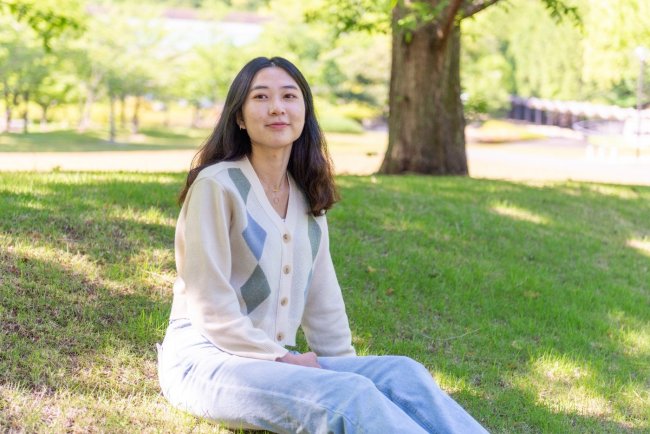
Ohさん《韓国》
学部: 国際学部グローバル教養学科 念願のキャンパスライフ 名古屋商科大学を知ったきっかけは、韓国で開催された大学展でした。国際認証を取得しており、国際性が高いため、質の高い教育を受けられると思い入学...
READ MORE
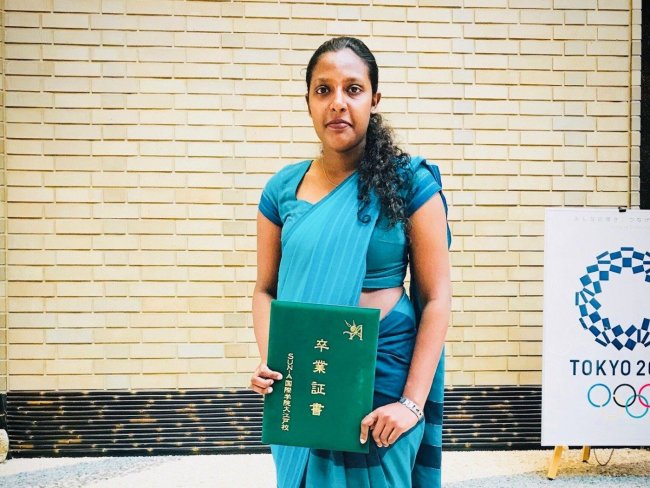
Jayawardenaさん《スリランカ》
学部: 国際学部・英語学科 日本に留学しようと思ったきっかけはなんですか? 長年日本に住んでいる伯父に勧められました。 その中でも名商大で学ぼうと思った理由はなんですか? 国際学部英語学科に入学して、英...
READ MORE
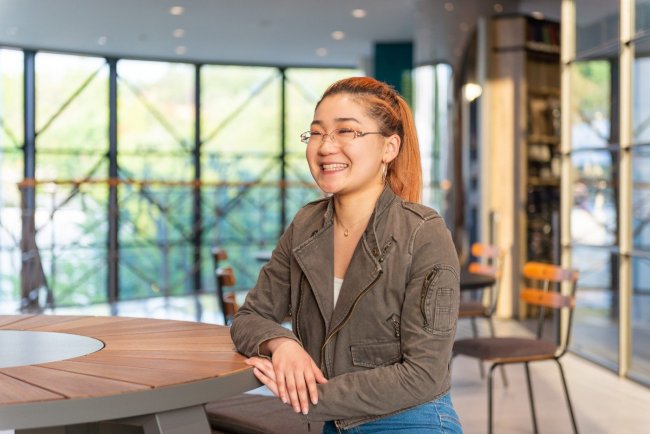
Uranbaigaliさん《モンゴル》
学部: 経営学部経営学科 理想の大学生活が現実に 私は母が日本に住んでいたので、日本の大学へ進学したいと考えていました。大学を探している時に、名古屋商科大学のウェブサイトでケースメソッドの動画を見てと...
READ MORE
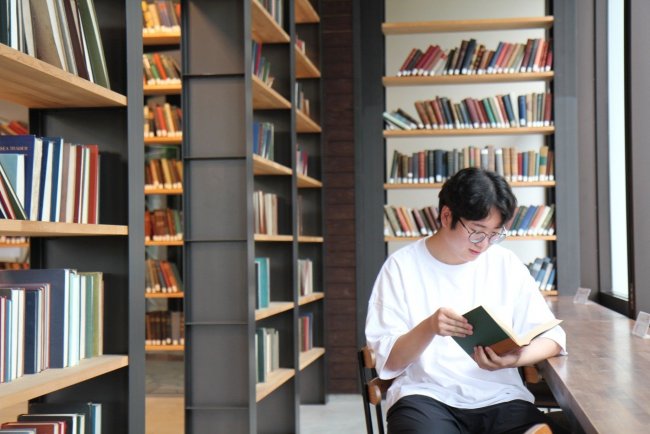
Joさん《韓国》
学部: 商学部マーケティング学科 日本でのスキルアップを目指して GDP世界第3位の経済大国である日本で、自分を成長させたいと考え留学を決めました。名古屋商科大学を選んだ理由は、就職決定率が高く、勉強以外...
READ MORE
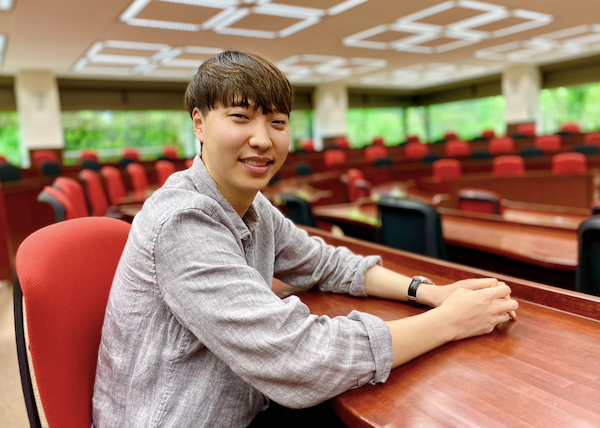
Kimさん《韓国》
学部: 経営部経営学科 さらなる成長を目指して名古屋商科大学に編入を決意 日本に来る前、韓国の大学で社会福祉と貿易について4年間勉強しました。社会福祉学資格証を取得しましたが、日本の企業に就職し、より...
READ MORE
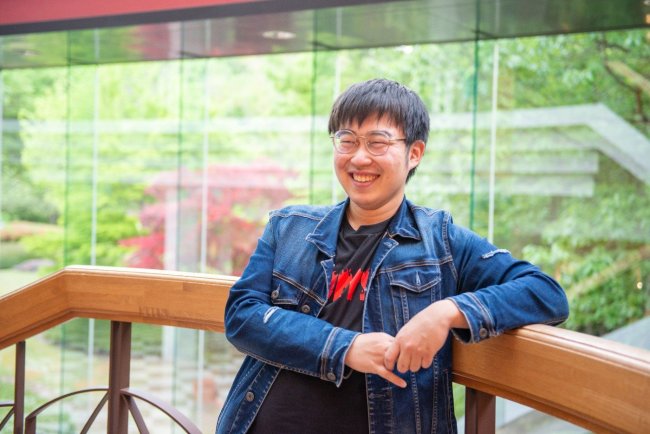
Wangさん《中国》
学部: 経営部経営学科 日本へ留学を決めたきっかけ 日本に興味を持ったきっかけは、日本のサービスやおもてなし文化が素晴らしいと思ったからです。将来はそんな日本でサービス業に就きたいと考え、留学を決意し...
READ MORE
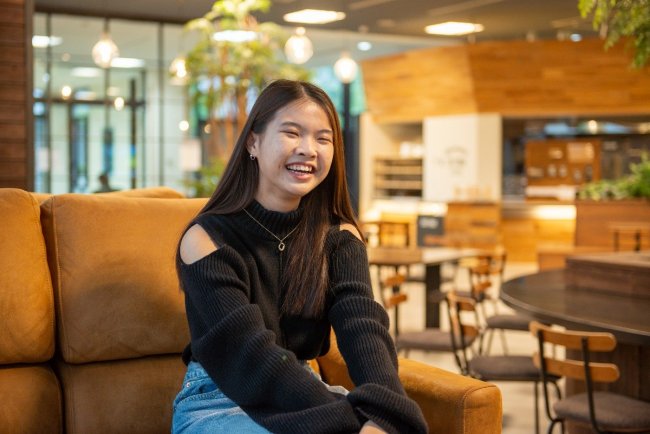
Sharonさん《マレーシア》
学部: 商学部マーケティング学科 日本への留学を決めたきっかけ 以前旅行で日本に来たことをきっかけに日本に興味を持つようになり、日本語学習を始めました。大学進学へ向けて東京の日本語学校に通う中で、日本...
READ MORE
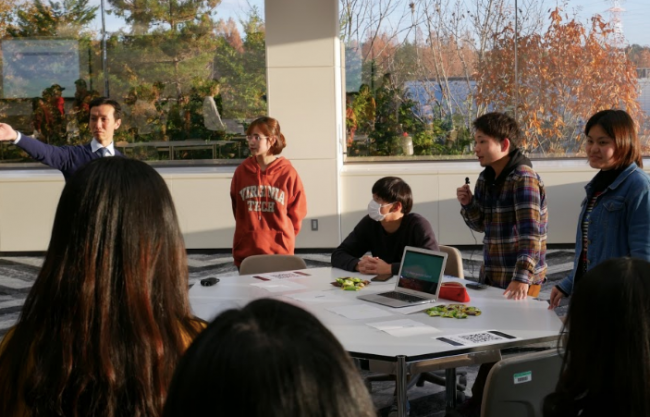
Doさん《ベトナム》
学部: 経済学部・経済学科 日本に留学しようと思ったきっかけはなんですか? 日本のことが好きで、日越関係が好友になってきたからです。 その中でも名商大で学ぼうと思った理由はなんですか? 名商大はAACSBやA...
READ MORE
GREATER NAGOYA
Greater Nagoya is Japan's third largest metropolitan area after Tokyo and Osaka. Home to front-running companies such as Toyota, Greater Nagoya is clean, safe, and an exciting area to live in. Located in central Japan, Greater Nagoya functions as the transportation hub of the country making travel to other destinations fast and easy. Moreover, because the area was once the home of warlords in Japan’s ancient times, it is rich in historical sites and Japanese traditional culture, attracting many tourists. A World Heritage site, Shirakawa-go, is within easy reach, and the city of Kyoto is located only 35 minutes away by Shinkansen. As such, Greater Nagoya is a place where a well-balanced synergy between modern and traditional cultures exist.
Nagoya is a center of manufacturing craftsmanship, with strong connections to the automotive, aircraft, and industrial robot industries.
A distinctive food culture exists full of local delicacies such as kishimen (noodles), tebasaki (chicken wings), misonikomi (miso boiled udon), and much more.
Nagoya's population density is only one-third of that of Tokyo or Osaka. The city has a number of lush parks that are great for enjoying the weather, jogging, or taking part in the many seasonal events that are held in the city. It's also a great place for enjoying professional sporting events such as baseball and soccer as well as the annual Nagoya Tournament of the Japan Sumo Association.
There are many well-known tourist spots, such as Hida-Takayama in Gifu or Ise and Toba in Mie, which are easily reached by train from Nagoya. Nagoya also has a well-developed public transportation network of subway and bus lines that make commuting or shopping very easy.
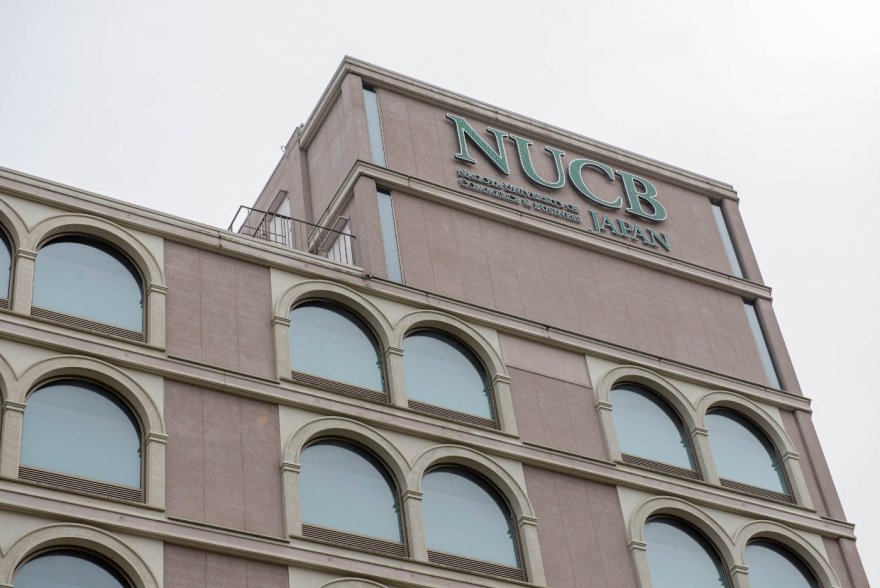
Our international dormitories are located near our campus and students can live there for four years. Here, international students and Japanese students live together, so students can interact, communicate and help each other.

NUCB boasts approximately 50 clubs, enriching university life beyond academics to include sports, cultural activities, and community. It fosters an environment where students can embrace their youth, evolve as individuals, and forge meaningful connections.
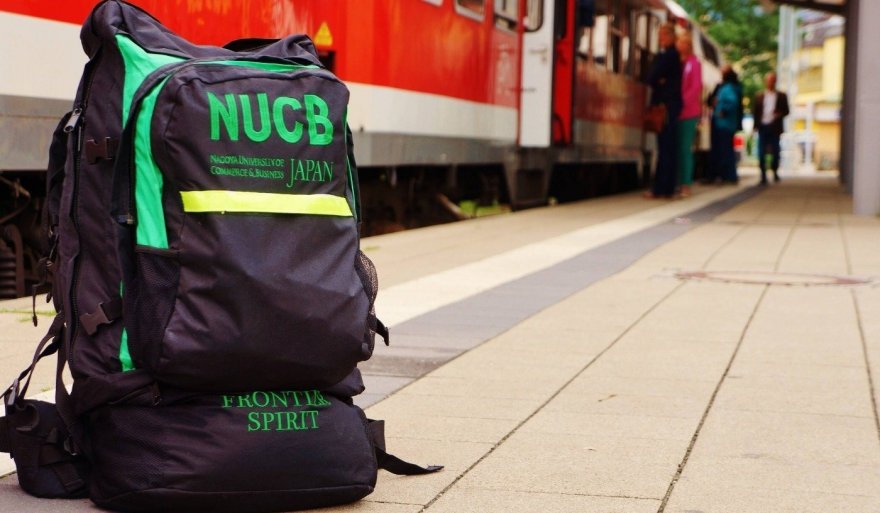
The CAPI program offers students the opportunity to gain work experience at a Japanese company in an ASEAN country for two to four weeks. The university's scholarship covers half of the travel and accommodation expenses for participants.
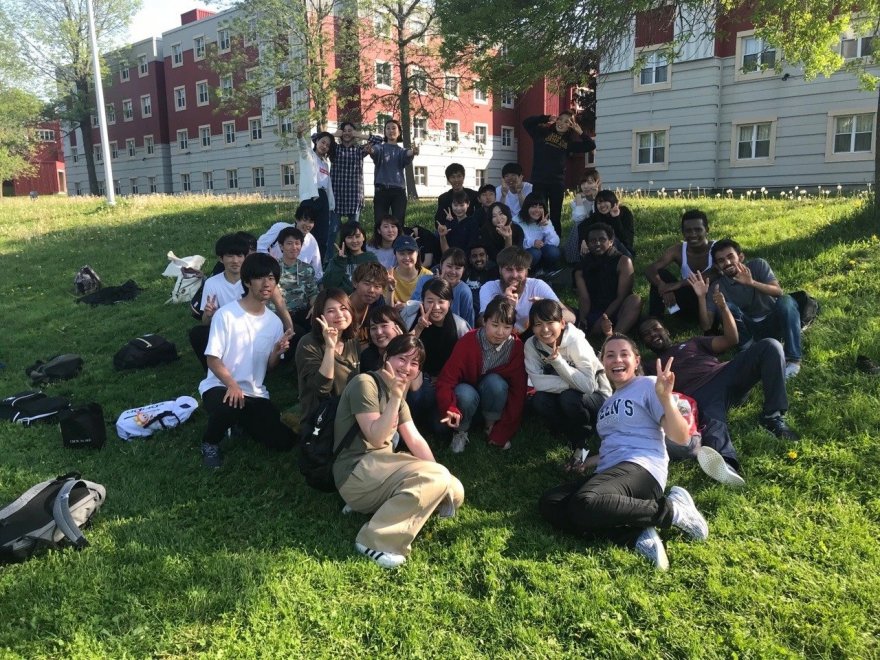
NUCB has partnerships with 187 universities in 63 countries, facilitating various exchange programs, double degree programs, short-term study abroad opportunities, and language training programs. We offer language programs in English, Chinese, and Korean to enhance students' language skills.
4-4 Sagamine, Komenoki-cho, Nisshin, Aichi, 470-0193, Japan
NUCB Undergraduate School - International Admissions Office